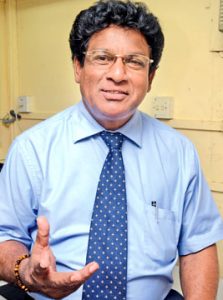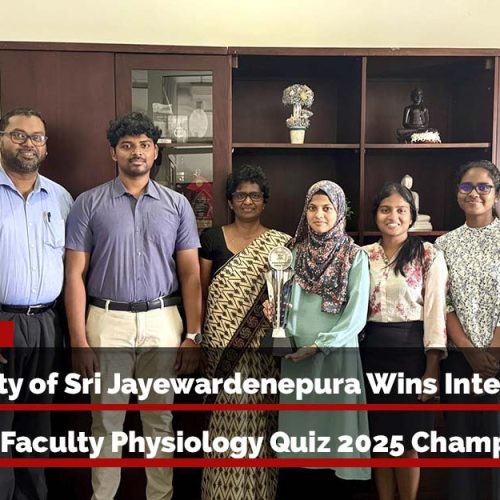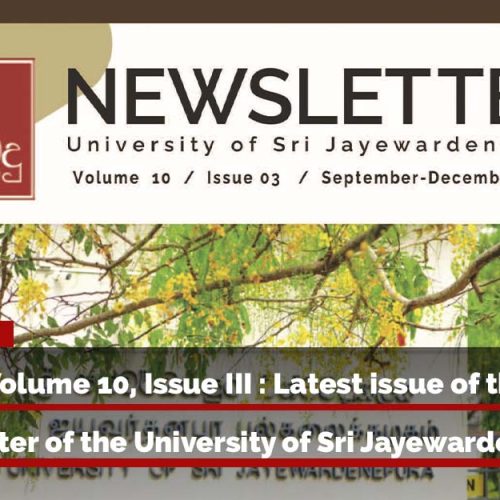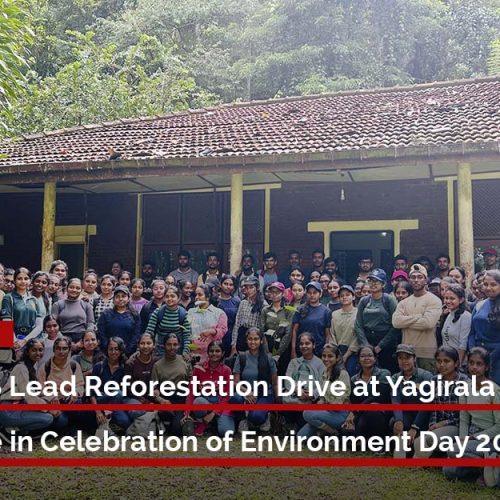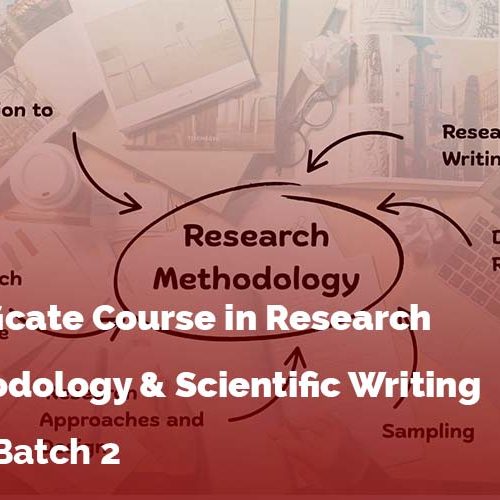The immune system is a complex network of processes involved in the maintenance of homeostasis by defending the body against microbial infections. Any child born with a severely defective immune system will soon die unless extraordinary measures are taken to isolate him or her from a host of infectious agents – bacterial, viral, fungal and parasitic.
Immunology, the study of the immune system, grew out of the ancient folk observations that a person who recovers once from a certain infection does not catch it again. Immunity is highly specific: an individual who recovers from measles is protected against the measles virus but not against other common viruses such as mumps or chickenpox. The basic function of the immune system is detection and destruction of the non-self via an array of mechanisms, and it is thus a multi-faceted defence mechanism.
Our body’s multitier immune system plays an important role in the mechanisms involved in many diseases. The role of host immune function has become increasingly important in expanding our understanding of the mechanisms that are involved in the body’s ability to prevent cancer, infections, inflammations and allergic conditions etc. Selecting the appropriate drug targets is very important for controlling, preventing and even curing many diseases. Historically, the immune system has been the main target in the achievement of many important preventive and therapeutic successes.
Immunostimulants
Immunostimulants or immunopotentiators are medicinal agents leading to a specific or non-specific stimulation of immunological defence mechanisms. Non-specific and non-antigen dependent stimulants do not affect immunological memory cells and since their therapeutic efficacy decreases comparatively quickly, they have to be administered either in intervals or continuously. Some immunostimulants may also stimulate T-suppressor cells and thereby reduce immune resistance. Hence, the term “immunomodulation” is often used to describe any effect on immune responsiveness. Immunomodulation is the process of modifying an immune response positively or negatively by the administration of certain natural or synthetic compounds. Based on their effect on the immune system these agents are categorized as “immunostimulants”, “immunosuppressors” or “immunological adjuvants”. Immunomodulators act on the complex network of biochemical mechanisms of the immune system in a way not yet fully elucidated.
Importance of immunostimulants
The human body is continuously exposed to invading pathogens such as viruses, bacteria and protozoan parasites, which more or less weaken the function of the immune system and thereby generate immunosuppression. We have no effective vaccines against some severe infectious diseases, and many chronic diseases are consequences of an unbalanced or impaired immune system. We should realize that the incidence of severe infections such as COVID-19 and AIDS might be positively influenced by a restoration of the suppressed immune system. The modulation of the immune response through the stimulatory or suppressive activity of medicinal plants and their products has been found to maintain a disease-free state in normal or unhealthy people for many centuries.
Modulating and potentiating the weapons of your immune system can keep the body in a highly prepared state for any threat it may encounter. When our immune system is in this highly prepared state, the invading organisms do not have time to build up sufficient force before the attack by the immune system destroys and /or weakens the invader. Hence, immunomodulators of natural origin are becoming very popular world-wide as people started to realize the importance of a healthy immune system in the maintenance of health by the prevention and recovery of diseases.
Back to traditional wisdom
Ayurveda is one of the oldest scientific medical systems in the world. Etymologically the term “Ayurveda” means the science of life. It explains the art of living – a science that describes ways to remain healthy as well as methods to treat diseases. The Ayurveda originated about 4,000 years ago in India and is based on a collection of concepts quite different from those used in modern scientific medicine. Two philosophers, Charaka (320 B.C.) and Sushrutha (900 B.C.) have written voluminous compendia in the form of poetry in Sanskrit and are more or less regarded as the founders of this traditional system of medicine. In Sri Lanka, four different varieties of traditional medicine are distinguished viz. Ayurveda, Siddha, Unani and Desiya Chikitsa (Indigenous Therapeutics). The traditional experience of the Ayurvedic system of medicine accumulated by the Sri Lankan people over a long period is highly reputed as a precious cultural heritage. Today, this system still makes a great contribution to the health of the people in Sri Lanka and India.
According to the basic concepts of the Ayurveda system of medicine, three doshas (i.e. vata, pitta and kapha) have to be in a dynamic equilibrium (harmony) for a person to be in a state of positive health. The unbalancing of the doshic equilibrium constitutes a disease. So, the art of Ayurveda is to keep the doshas in balance so that a person enjoys good health. Ayurveda gives many rules on how to maintain a good harmony of the doshas. These rules constitute one of the most significant concepts of the Ayurveda – giving preference to the maintenance of good health and achievement of a long and useful life.
Ayurveda describes the science of “prevention” in great detail and does not restrict itself to plants as therapeutic measures. The medicines encountered in Ayurveda and indigenous medicine are believed to promote the health and maintain organic resistance against infections by re-establishing body equilibrium and conditioning the body tissues. Although the terms “immune system”, “immunostimulants” or “immunomodulators” are not encountered in original and classical Ayurvedic texts, translation and interpretation of various Ayurveda terms directly refer to “immunostimulant” or “immunomodulator” and have been the major source of research material for many modern scientists. It is thus interesting to briefly examine some concepts of health described in Ayurveda before discussing the scientific data available on the relevant plants. This will make it simpler to appreciate why these plants have been selected for further study as potential immunomodulators by modern researchers.
It is felt that Ayurveda and traditional concepts of preventive healthcare have shown certain links with non-specific immunostimulation. Such non-specific immunostimulation or immunopotentiation can be achieved with the use of medicinal plants for disease prevention. In Ayurvedic treatment, the therapeutic agents for curing diseases are mostly herbal preparations containing multiple pharmacologically active compounds which help to manipulate multiple drug targets and thereby manage disease in multiple strategies including synergism. In contrast to the “magic-bullet” approach of allopathic therapeutics, this is a “shotgun” approach which is now gaining increasing attention among leading research groups over the world due to many scientific and pragmatic reasons. The Ayurvedic medical system includes medicinal plant preparations which are used as tonics, stimulants, vitalizers, rejuvenatives, and aphrodisiacs. Some of the possible modes of action of the constituents of these complex preparations could be exerted through the immune system.
Ayurveda details the concept of immunostimulatory effects by the term “rasayana”- drugs reputed to promote good health and longevity. One of the therapeutic strategies in Ayurvedic medicines is to enhance the body’s overall natural resistance to the disease-causing agent rather than directly neutralizing the agent itself. The use of herbs for improving the overall resistance of the body against common infections and pathogens has been a guiding principle of Ayurveda. Some of the plants described as rasayana by Charaka and Sushruta are given below.
Non-specific immunostimulation can be very effective when the immune system of the host is impaired. Hence, it can be indicated to counteract immunosuppression or an ineffectively working immune system, which might be the consequence of excessively applied chemotherapy or long-term treatment with immunosuppressive drugs. In these cases, immunostimulants can provide supportive therapy to conventional chemotherapy. Immunostimulants are an attractive alternative to conventional chemotherapy when mixed infections, chronic infections and their immunopathogenic sequels, chemotherapy-resistant bacterial and viral infections have to be treated. Moreover, the constant increase in antibiotic resistant strains and various side effects caused by synthetic drugs has prompted scientists to look for natural immunomodulators to treat various infections.
Another important field of application is the prophylaxis of opportunistic infections in patients. In the absence of anti-viral agents, the prophylaxis of viral infections, in particular, plays a significant role.
Scientific validation
As mentioned above, a plant with immunostimulatory potential is expected to be efficacious for the prevention and cure of infections. The immunomodulating effects of several medicinal plants have been extensively investigated in various studies and excellent immunostimulation effects have been proven in experimental (both in vitro and in vivo immuno-assay models) as well as clinical settings (Figure 1).
The following list contains some of the commonly used plants of which immunostimulatory properties have been reported. It is of interest to note that the phytochemical analysis of all the plants described as ‘rasayana’ above has revealed classical immunostimulatory effects. Further, chemically-defined immunostimulatory constituents have also been isolated from these plants.
Adhatoda vasica (Pavatta)
Aegle marmelos (Beli)
Andrographis paniculata (Heen-binkohomba)
Azadirachta indica (Kohomba)
Camellia sinensis (Black tea)
Coriandrum sativum (Kottamalli)
Coscinium fenestratum (Venivelgata)
Mollugo cerviana (Pathpadagam)
Phyllanthus debilis (Sudupitawakka)
Picrorhiza kurroa (Katukarosana)
Solanum xanthocarpum (Katuwelbatu)
Vernonia cinerea (Monarakudumbiya)
In Ayurveda and indigenous medicine, preparations containing above plants have been routinely used to boost the immune system and the resistance against infections. As a common practice, most of the preparations (E.g., Paspanguwa) are used in the form of infusions or decoctions. Immunostimulants can be applied either orally or intravenously. However, the effects generated depend on the dose, time, and the mode of administration as well as on the immune status of the patient.

Immunological adjuvants
Immunological adjuvants are the substances incorporated into or injected simultaneously with an antigen (vaccine) which consequently increase the production of antibodies without acting as antigens themselves (Figure 2).
Immunological adjuvants are used to enhance the efficacy of vaccines and therefore could be considered as specific immune stimulants. The addition of immunological adjuvants is particularly needed if vaccines are poorly immunogenic or express side effects in therapeutic doses. Their application may not only result in an enhanced immune response but also lead to a reduction of the antigen dose and the number of immunizing injections.
Several plants listed above have exhibited adjuvant activity in experimental models and their constituents exhibiting this activity have also been chemically defined. The discovery of immunological adjuvants of plant origin is perhaps the most important and significant achievement in this area of modern scientific research.
For successful management of COVID-19
The citizens of our country are now at great risk of the COVID-19 virus despite the country is particularly rich in medicinal plant biodiversity and traditional knowledge in healthcare. The earliest attempts to develop suitable medication for immunostimulation were based on traditional remedies which embodied the accumulated experience of several centuries. Medicinal plants are already being used prophylactically as standardized and efficacy-optimized preparations by Ayurveda and traditional physicians for the treatment of various infections in standard Ayurveda and indigenous medical practices.
The Health Ministry media spokesman recently stated that there are no preventive measures for this virus other than physical methods such as using a face mask, hand sanitization and maintaining social distance. However, as far as preventive strategies are concerned, to our knowledge, the major solution at this crucial juncture of COVID-19 comes from potentiating our immune system. This important aspect has to be borne in mind in our search for preventive measures for this virus.
Concluding remarks
The infectious diseases including COVID-19 are the leading causes for the greater rate of morbidity and mortality around the globe and are major challenges for western medicine which calls for the use of natural immunostimulants. Prophylactic and treatment modalities by “phytomedicines” and natural immunostimulators offer an attractive and safer strategy to combat COVID-19 virus.
Considering these facts, to safeguard people of this country from COVID-19, there is an urgent need for guiding and educating them on using traditional remedies and food supplements such as herbal porridges with strong immune-boosting potential which provide health benefits beyond their inherent nutritional value. On the other hand, there are many traditional medicines which have been used for centuries – time-tested for safety and efficacy with billions of people that can be employed to better manage healthcare. However, to harness the true potential of this strategy, it is imperative to solve crucial problems associated with the quality assurance of natural medicines which can only be achieved through total quality management led by the development of suitable standards and guidelines for the industry, revision of Ayurveda pharmacopoeia and associated regulatory framework. The complexity of these tasks demands genuine scientific collaborations between industry and academia with the strategic support from the government. If we manage to succeed in this venture, Sri Lanka will have a huge potential to go world-class by creating a paradigm shift in the healthcare management strategy of the world.

Article by : Dr. Jayantha Wijayabandara,
Ph.D. (Molecular Medicine),
Head of the Department of Pharmacy and Pharmaceutical Sciences,
University of Sri Jayewardenepura.
News source : Daily News e-paper


